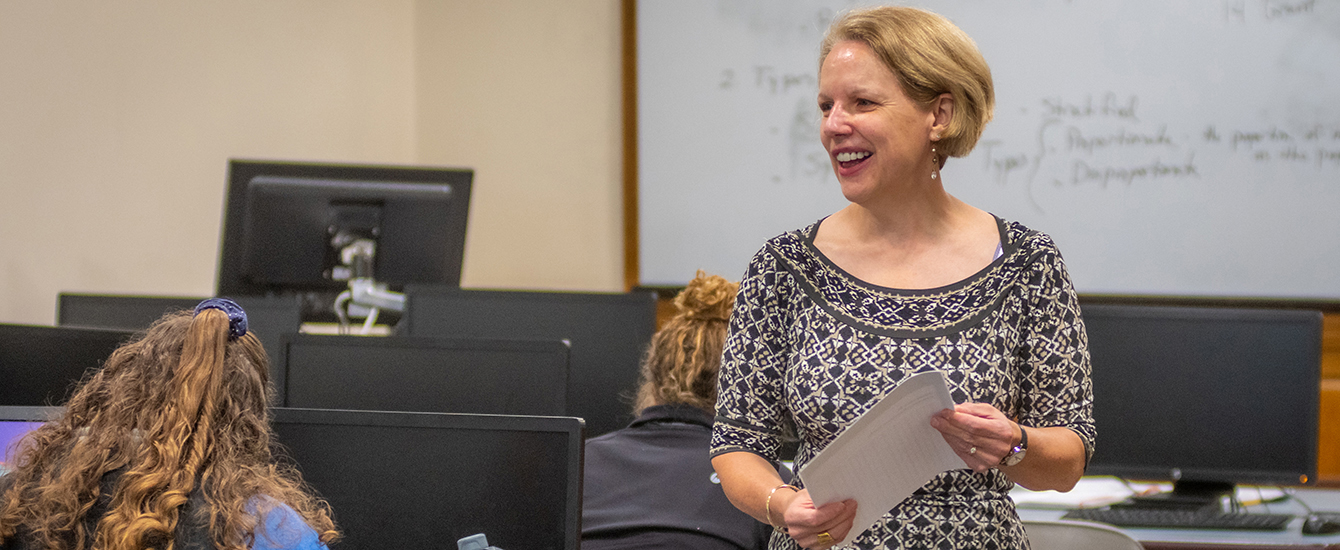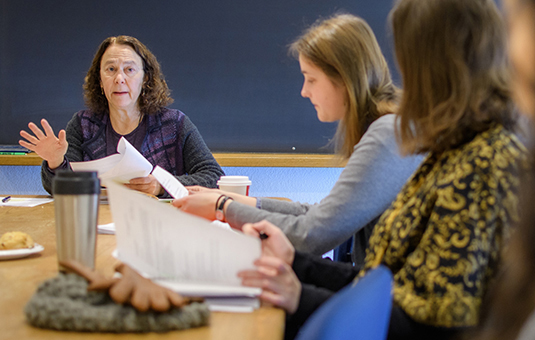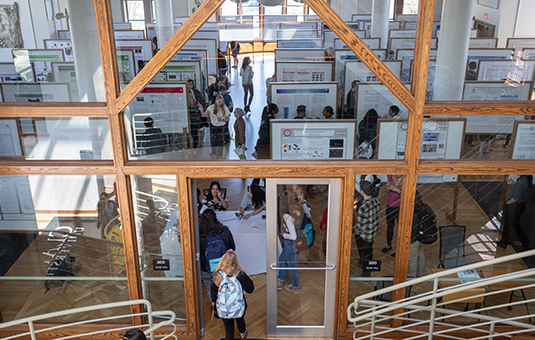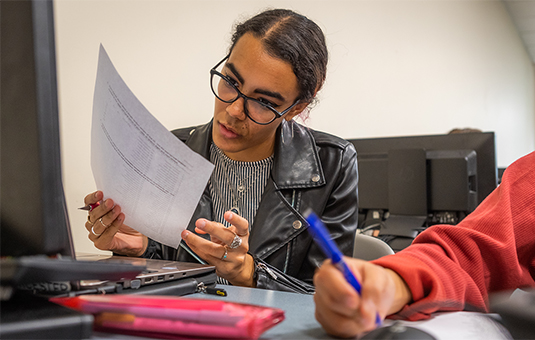Understanding Society and Ourselves
The American sociologist C. Wright Mills described the perspective of sociology as the “sociological imagination.”
He maintained that this point of view enables us to see how individual lives are shaped by larger social forces. Mills argued that we cannot fully understand ourselves without understanding the society in which we live.
“[People] do not usually define the troubles they endure in terms of historical change. … The well being they enjoy, they do not impute to big ups and downs of the society in which they live. Seldom aware of the intricate connection between the patterns of their lives and the course of world history, ordinary people do not usually know what this connection means for the kind of people they are becoming and for the kinds of history-making in which they might take part. They do not process the quality of mind essential to grasp the interplay of individuals and society, of biography and history, of self and the world.”
At Clark, the sociology faculty is committed to developing such an analytic capacity in students. Through the examination of social processes, such as social stratification, social movements and social change, and through an investigation of diverse social institutions, such as the law, the family, medicine and religion, students acquire the conceptual and analytical tools to enhance both their understanding of their own lives and the world in which they live.
The skills and competencies we seek to develop in our majors include critical thinking, writing, quantitative literacy, comparative analysis, and logical reasoning.





